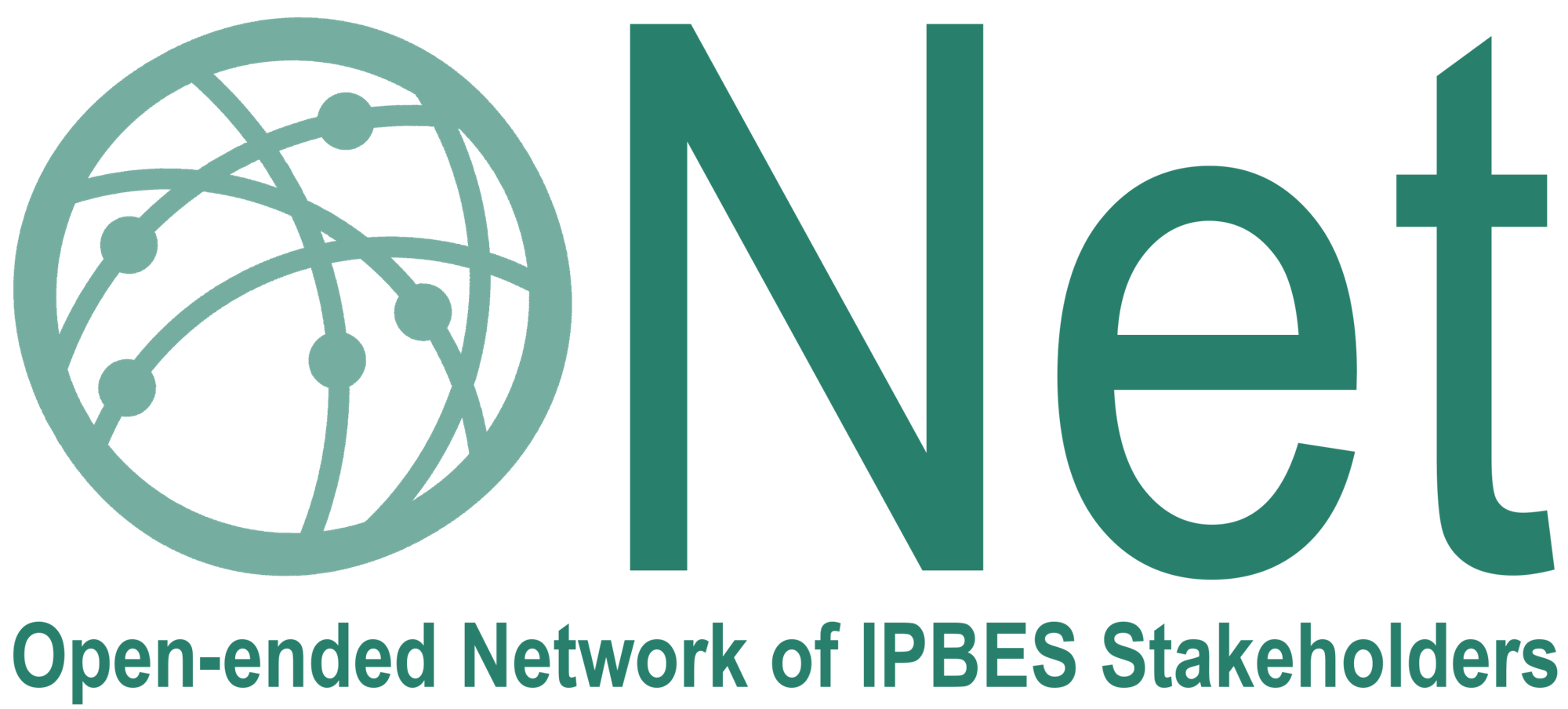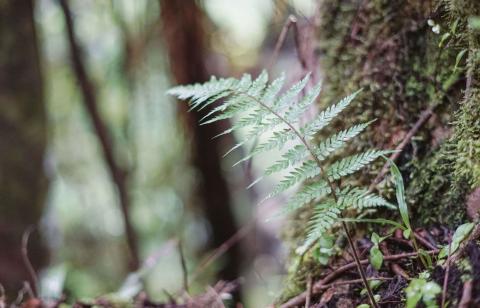
About ONet
The Open-ended Network of IPBES Stakeholders (ONet) is recognised and underpinned by the Intergovernmental Science-Policy Platform on Biodiversity and Ecosystem Services (IPBES). ONet is a space for stakeholders to organise among the community, engage with IPBES, and support the platform's work: in service of biodiversity and nature's contributions to people.
ONet was established following a decision by the third IPBES Plenary in 2015 (Decision IPBES-3/4), and encouraged by the stakeholder community. The network is part of the IPBES Stakeholder Engagement Strategy, a novel and in some ways unique approach among institutions like IPBES.
“An important element for the relevance, effectiveness, credibility and overall success of the Platform.”
~ the third IPBES Plenary on stakeholder engagement

What we do
- ONet fosters communication between stakeholders and IPBES. We provide information on IPBES. We organise meetings between stakeholders and the IPBES Secretariat. We co-organise Stakeholder Day, our main conference, prior to each IPBES Plenary session. We coordinate stakeholder statements to IPBES Plenaries.
- We help disseminate IPBES products and achievements: for an example, see our resource page on the 2023 Invasive alien species assessment. We support capacity-building in service of biodiversity and nature's contributions to people: for an example, see our e-learning catalogues.
- ONet strengthens support for IPBES. We engage with different groups and communities. We mobilise intangible and in-kind contributions to the platform.
- We host an online space for the stakeholder community. Here you can find other stakeholders, share events, publish your news, stories and insights, and more: get involved today.

ONet membership
Membership of ONet is free of charge and comes at no financial cost. The IPBES plenary is keen to engage diverse stakeholders: it has emphasised diversity in geography, disciplines, and knowledge systems. For more detailed information on ONet, please see the terms of reference.
>> Key documents and resources
If you'd like to engage with IPBES on biodiversity and nature's contributions to people, you are a potential stakeholder: ONet welcomes both contributors to IPBES, as well as distributors and end-users of its products. Among stakeholders, we welcome policy makers and government officals at all levels, researchers of all disciplines, environment practitioners, people who hold local knowledge relevant to biodiversity, businesses and industry, community organisations, intergovernmental and non-governmental organizations, media, and communities and the public at large.
>> Apply for individual membership
For organisational membership, please see our separate application form:
>> Apply for organisational membership

IPBES Stakeholder Registry & Networks
Alongside their participation in ONet, all members are also encouraged to join the IPBES Stakeholder Registry: you will receive official IPBES communications for stakeholders directly.
>> IPBES Stakeholder Registry
ONet is one of two IPBES stakeholder networks. The second is the International Indigenous Forum on Biodiversity and Ecosystem Services (IIFBES). All IPBES stakeholders are welcome to request to join either or both networks.
>> IIFBES
Within ONet, members with interests in the social sciences and humanities are invited to join a dedicated network:
>> SSH Network
The ONet facilitation team
The facilitation team coordinate the network and look after ONet's virtual spaces. They respond to issues relating to the IPBES work program, manage projects at ONet, and engage with the stakeholder community.
Furthermore, the facilitation team organize ONet Caucus Days and join the Quarterly Meetings of the IPBES Secretariat with stakeholders. They work with the IPBES Secretariat to plan and deliver Stakeholder Day, a conference that precedes each IPBES Plenary session. The facilitation team also coordinate IPBES stakeholders' joint efforts in crafting their statements to the IPBES Plenary.
The facilitation team normally meet on the third Wednesday of the each month throughout the year.
Laure Denos
Gland, Switzerland
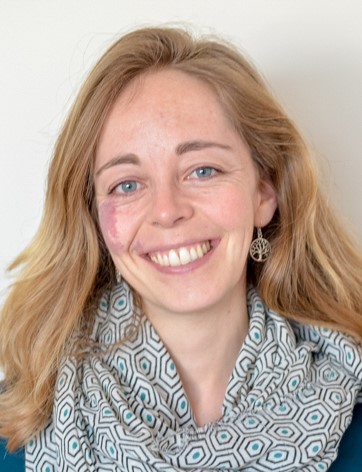
Laure has worked in France, Spain, Chile, Honduras and El Salvador for the last 10+ years, dealing with sustainable town planning, energy efficiency, environmental policy and the science-policy interface in local, national and international contexts. She is an environmental engineer and holds a Master in political science and access to basic services in developing countries, from the Institute of Political Studies (France). She is currently an IUCN science-policy expert and she also supports the IPBES Secretariat in stakeholder engagement.
Franziska Fischer
Rosenheim, Germany
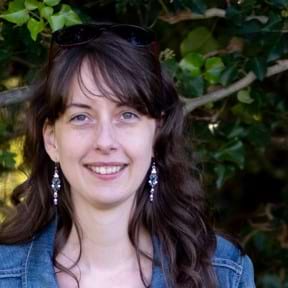
Franziska is an agricultural scientist with a keen interest in science for policy. Before joining ONet, she served the Royal Society of Biology in the area. She is also pursuing a personal interest in crop diversity: as a STEM Ambassador with STEM Learning UK, and in a community of practice engaging with IPBES. Franziska holds an M.Sc. with a main focus in Agro-Economics (TUM, Germany) and an MSc in Crop Improvement (Nottingham, UK). She is writing up her PhD thesis at the University of Cambridge (UK). Franziska is excited to contribute her skills in the management of technology and innovation to digital transformation at ONet.
Maja Leonie Metzger
Brussels, Belgium & Herrieden, Germany
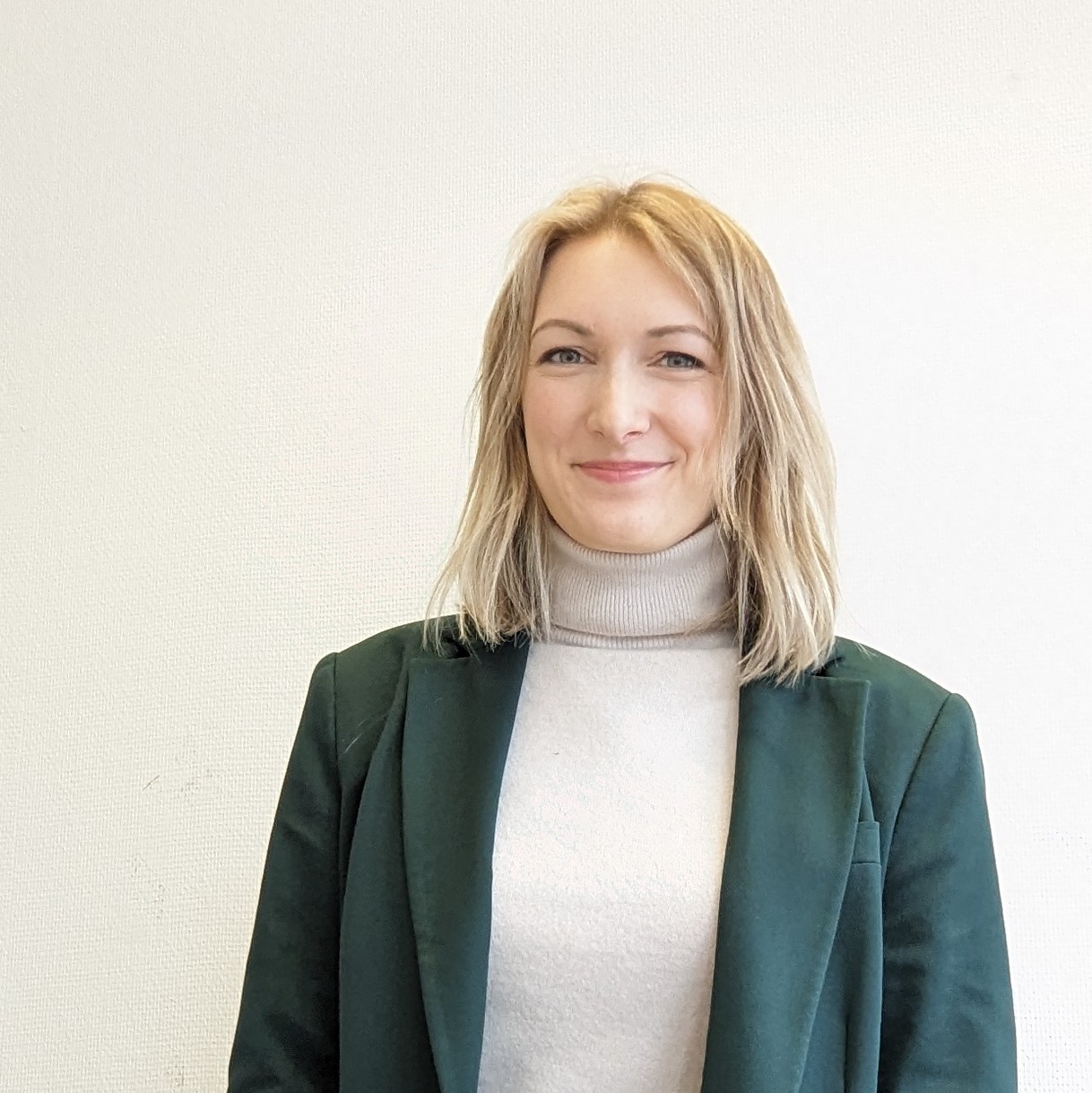
Deeply believing in science-based and data-driven policy for people and planet, Maja serves in the ONet Facilitation Team since 2023. She holds two masters degrees with focus on global challenges and sustainable business models. Maja has more than 3 years of working experience in international policy with a focus on biodiversity, stakeholder engagement, and international cooperation.
Ariadne Ayres
São Paulo, Brazil
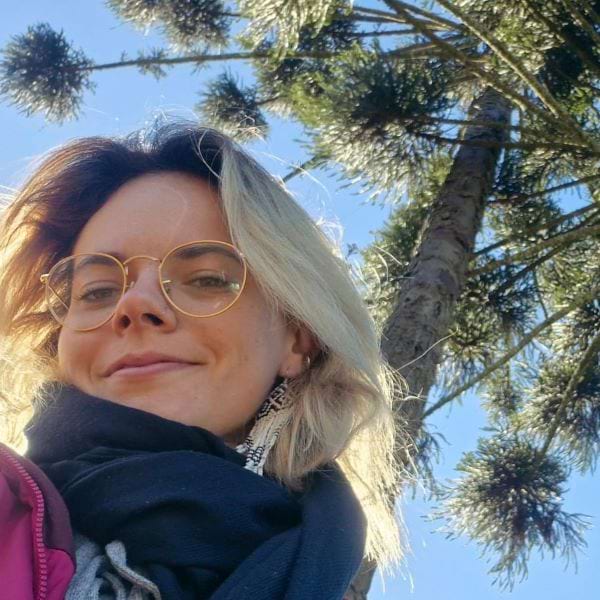
Ariadne is a biologist and holds an MSc. in the sciences. She has been engaged in participatory socio-environmental research with Indigenous Peoples in Brazil for six years. Her work centres on transdisciplinary projects that focus on the conservation and management of common-pool resources, community-based economies, socioeconomic well-being, and the construction of future scenarios, all viewed through the lens of Transformative Change. She is currently writing up her PhD thesis at the University of São Paulo in Brazil.
Christian McDermott-Pell
Beijing, China
chrismcdermott-pell[at]outlook.com
Christian is a Yenching Scholar at Peking University (北京大学燕京学堂, China), where he concentrates on Biodiversity and Infrastructure, focussing on the Belt and Road Initiative. Building on his Biology degree from the University of Nottingham (UK), Christian’s experience in China has ranged from researching access and benefit sharing in Xishuangbanna (西双版纳), to science communication with news stations such as CGTN. Christian hopes to put his knowledge and experience to good use at ONet to help grow its network and drive forward its mission to bridge the intersection of ecology and policy in a way that is accessible to all.
Pâmela Rodrigues Braga
Campinas, Brazil
Pâmela is a biologist with a specialization in tutoring and distance education. She is currently pursuing a Master’s degree in Ecology at the University of Campinas (Brazil). Her main research interest is in understanding how human-modified landscapes influence animal communities, ecological processes, and species’ habitat use. She also has experience with organizing community-based groups, environmental education activities, biology teaching, and conservation projects.
Michael Ruggeri
Oxford, United Kingdom
Details coming soon.
Representatives of ONet member organizations
At ONet, we warmly welcome each of our member organizations. Some of these member organizations choose to engage with the ONet more closely and continuously throughout the year. To support this close engagement, their nominated representatives listed below join facilitation team meetings and our work on their organization's behalf.
If your ONet member organization is interested in such close collaboration, please email us.
Nita Shashidharan
Mumbai and Bengaluru, India
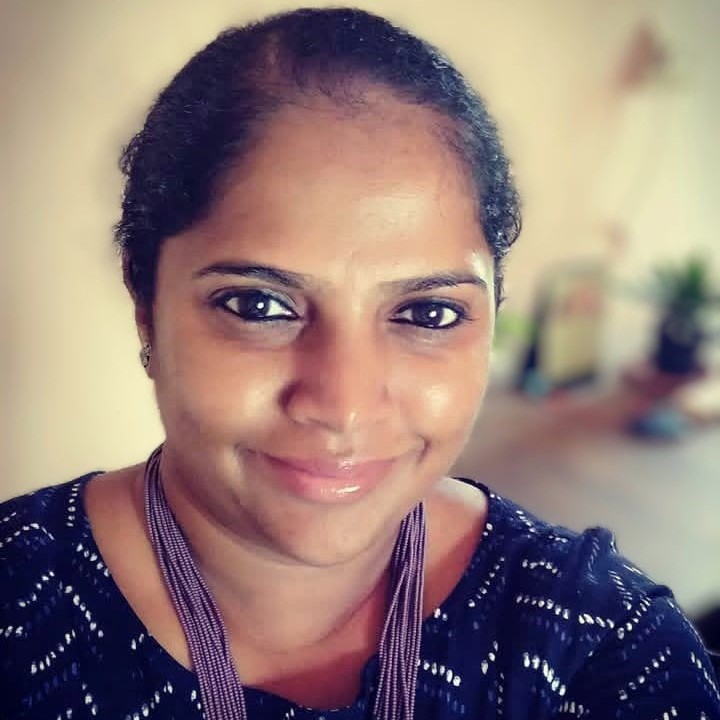
Nita represents the Young Ecosystem Services Specialists (YESS) on the facilitation team: an initiative for young scientists and practitioners working with ecosystem services, ONet member organisation, and IPBES observer organisation.
Nita is an environmental researcher and educator interested in knowledge-sharing and being part of initiatives at the intersection of science, policy, and practice. She is a PhD student at the Ashoka Trust for Research in Ecology and the Environment (ATREE) and holds a Masters in Environmental Science. For her doctoral research, she is investigating aspects of land change, ecosystem services, and its linkages with climate variability and institutional regimes in a protected area in India. She believes in keeping landscapes and people at the heart of her work. She has previously been an executive team member of YESS, RLadies Bangalore, and engaged with many environmental organizations in India.
Dr Whitney Fleming
Bangor, United Kingdom
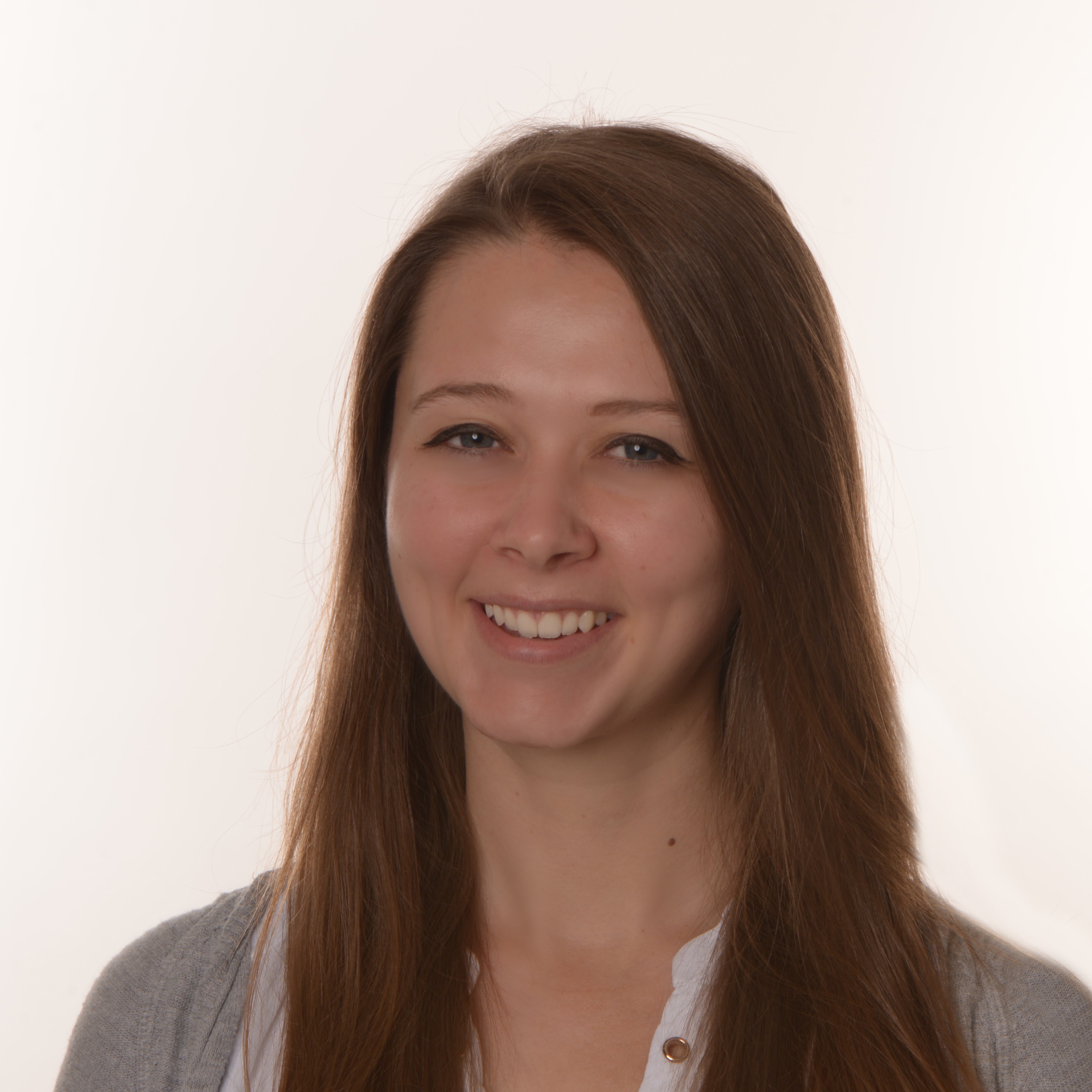
Whitney co-represents the Social Sciences and Humanities Network (SSH Network) on the facilitation team: an ONet sub-group and member organisation working to improve the integration of SSH knowledge within IPBES.
Whitney is a socio-environmental scientist and Research Fellow at Bangor University. Her research focuses on the relationships between human well-being and nature. Her work spans diverse topics, including soundscapes, biodiversity, and social science integration in conservation planning, with an emphasis on the well-being benefits derived from nature interactions. She earned her PhD in Conservation Social Science from Oregon State University (USA), where she explored psychological restoration, place attachment, and beliefs about environmental governance
Dr Thomas E. Sutcliffe
Trondheim, Norway
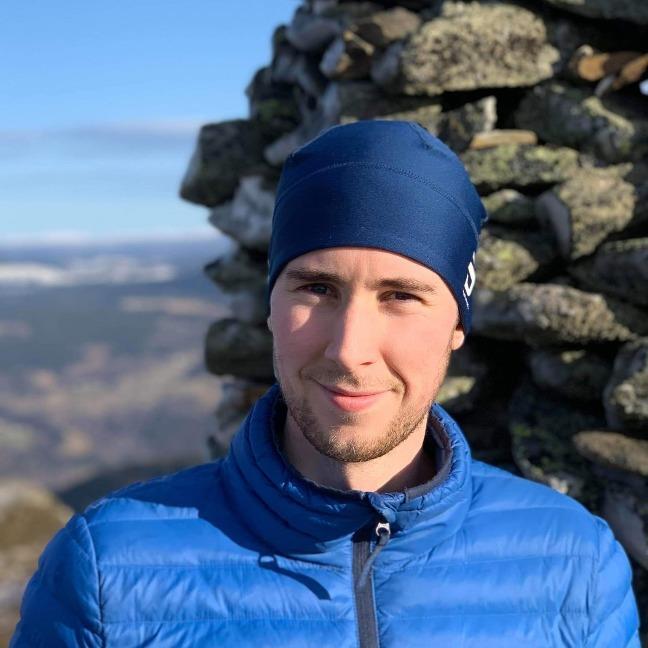
Thomas co-represents the Social Sciences and Humanities Network (SSH Network) on the facilitation team: an ONet sub-group and member organisation working to improve the integration of SSH knowledge within IPBES.
Thomas is a social scientist and researcher at the Norwegian Institute for Nature Research (NINA) where he uses qualitative methodologies to investigate aspects of governance, knowledge, and societal transformations that are intertwined with issues of area use, land-use changes, ecosystem restoration, and biodiversity. Moreover, he is pursuing interests in understanding how society represents and understands forms of crises related to nature and biodiversity, but also to issues of justice and pollution. Thomas holds a PhD in Interdisciplinary Studies of Culture where he researched the concept of the circular economy and how, in particular, sub-national authorities govern this concept and how the politics of consumption plays into the implementation of the circular economy.
As members of the ONet facilitation team, we gratefully acknowledge the contributions of our predecessors:
>> List of former members of the facilitation team
ONet's supporters
ONet is first and foremost a network run by stakeholders for stakeholders: we commend the countless hours, efforts, and expertise contributed by ONet's many individual and organisation members.
We further thank the IPBES Secretariat, Bureau, Experts, Members and Observers for their outspoken and often hands-on support of stakeholder engagement in the platform's work.
Finally, we thank IUCN (International Union for Conservation of Nature) for their generous financial contributions towards ONet and stakeholder engagement with IPBES.
Image credits for this page
Phill Brown/Unsplash
Tegan Mierle/Unsplash
Goodluz/Shutterstock
Monstera Production/Pexels
Stephanie Edwards (WandererCreative)/Pixabay
Photos of the facilitation team members were supplied privately.
Credits for other hero images on the website
Front page: Jeremy Cai/Unsplash
Get Involved: Artem Firsov (Wonderful Nature)/Shutterstock
News: Stephen Pedersen/Unsplash
Events: Esperanza Doronila/Unsplash
Initiatives: Shinta Kikuchi/Unsplash
Blog: norikko/Shutterstock
SSH Network: Samuel Scrimshaw/Unsplash
Invasive Alien Species: lauriedkr/iNaturalist
